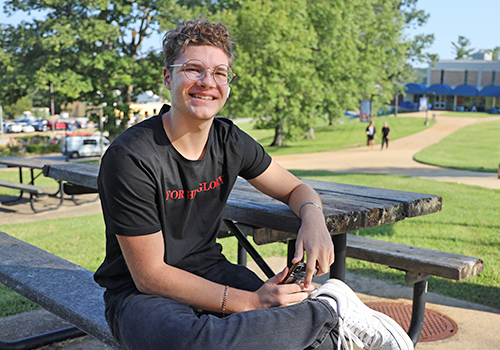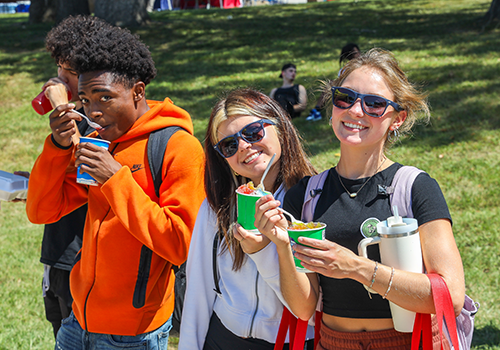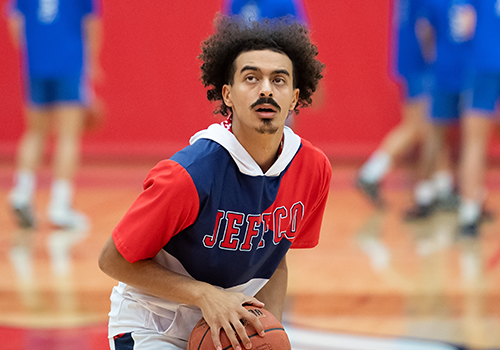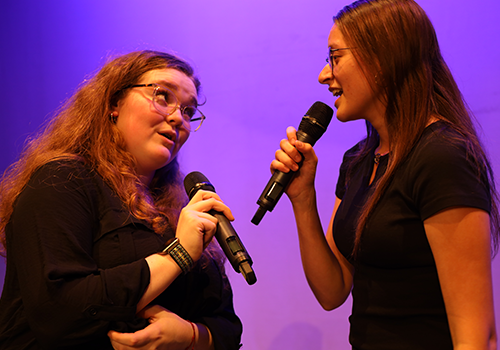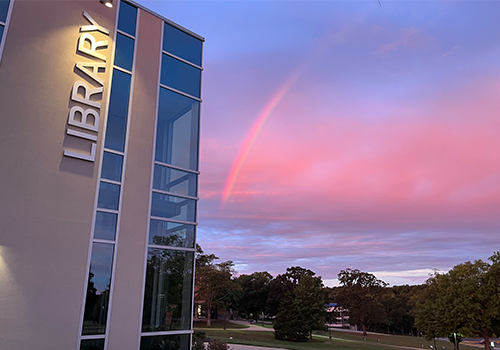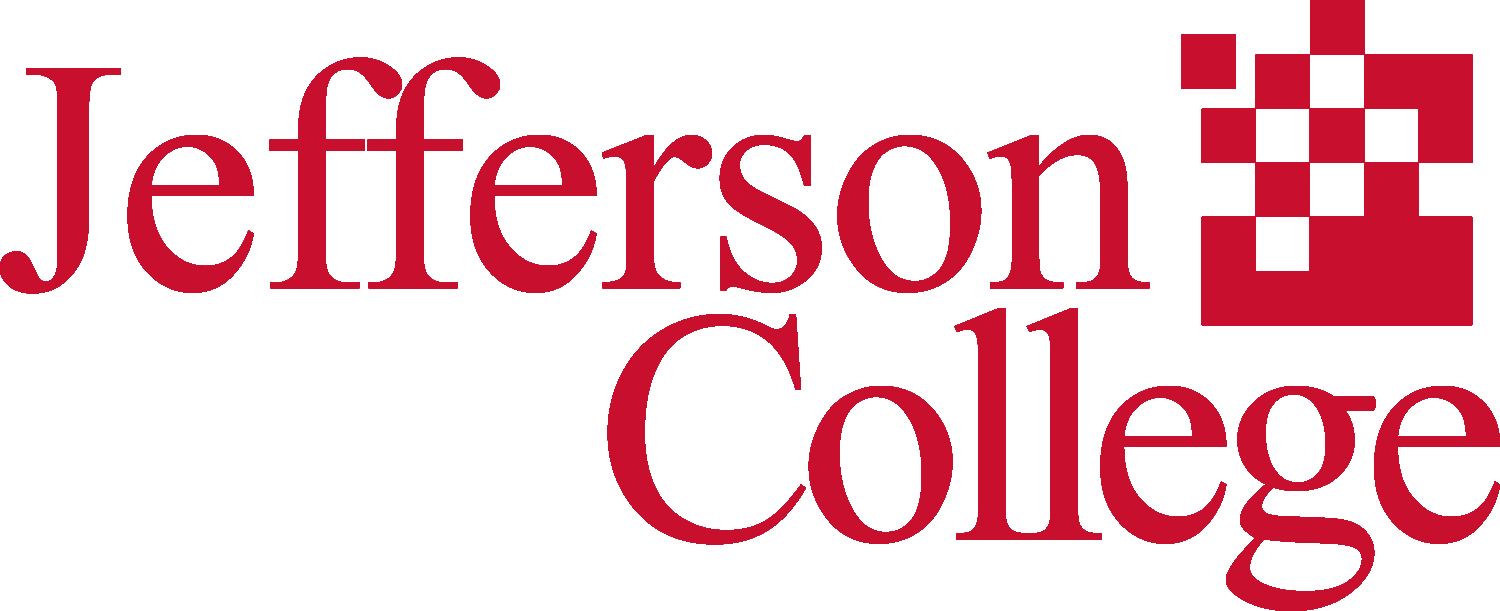Psychology

Program Overview
The department offers a wide selection of courses with small class sizes taught by faculty with diverse areas of expertise. Psychology Department Faculty advisors with flexible scheduling are prepared to discuss students' future paths. This involvement not only helps ensure academic success but also fosters meaningful mentor relationships.
Students are encouraged to become involved in psychological research and community opportunities that are available. Additionally, there are opportunities for participation in state and national conferences, enhancing knowledge and experience in the field. Such engagements help students to grow both personally and professionally, setting a strong foundation for their future endeavors.
Many of our graduates go on to complete bachelor’s degrees and pursue advanced education4. They work in positions across various fields beyond psychology, including business, counseling, social work, and healthcare. This versatility is a testament to the broad perspective on human behavior and thought that students gain throughout their education at Jefferson College.
Degree Information
The Jefferson College Associate of Arts (A.A.) transfer degree with emphasis in psychology offers a broad background in many areas of human behavior and animal behavior to prepare students for either entry level positions upon graduation or transfer to a four-year university psychology program with 2 years of study already completed.
Course Guides
Jefferson College Institutional Course Guides (ICGs) are found in the Simple Syllabus - Syllabus Library AND/OR within your Canvas class page via the Simple Syllabus link in the Course Navigation Menu.
Career Opportunities
Psychology is a diverse field of study with many potential areas of research and application with career opportunities that vary by degree level. Undergraduate (associate and bachelor’s degree-level) psychology courses develop workforce-ready skills employers are looking for. Most students with an associate degree emphasizing psychology plan to transfer and complete an undergraduate degree. Career options for those with only an associate degree are limited, but include:
- Personal Care or Home Health Aide
- Teacher Assistant
- Nursing Assistant or Orderly
- Psychiatric Aide or Psychiatric Technician
- Social and Human Service Assistants
- Substance Abuse & Behavioral Disorder Counselors (paraprofessional)
- Correctional Officer
Psychology undergraduate bachelor’s degree holders work in a wide variety of jobs. While an undergraduate bachelor’s degree in psychology provides the qualifications for many career paths, it does not qualify for a single specific job. Licensed psychotherapist or psychologist positions require a graduate degree.
- Health Educator and Community Health Worker
- Probation Officer & Correctional Treatment Specialists
- High School Psychology Teacher
- Social and Community Service Managers
- Medical and Health Services Manager
Students who major in psychology often continue their education beyond the bachelor’s degree. With further study, additional career paths open to include the following areas of research and application of psychology based on the level of graduate degree.
Masters degree (some also require state licensure)
- Rehabilitation Counselor
- Mental Health Counselor or Licensed Professional Counselor (LPC)
- Marriage & Family Therapist (MFT)
- Behavior Analyst (recently designated as a separately licensed field)
- Survey Researcher
- School and Career Counselor
- Postsecondary (College-level) Teacher
- Statistician
Doctorate degree (some also require state licensure)
- Psychologist
